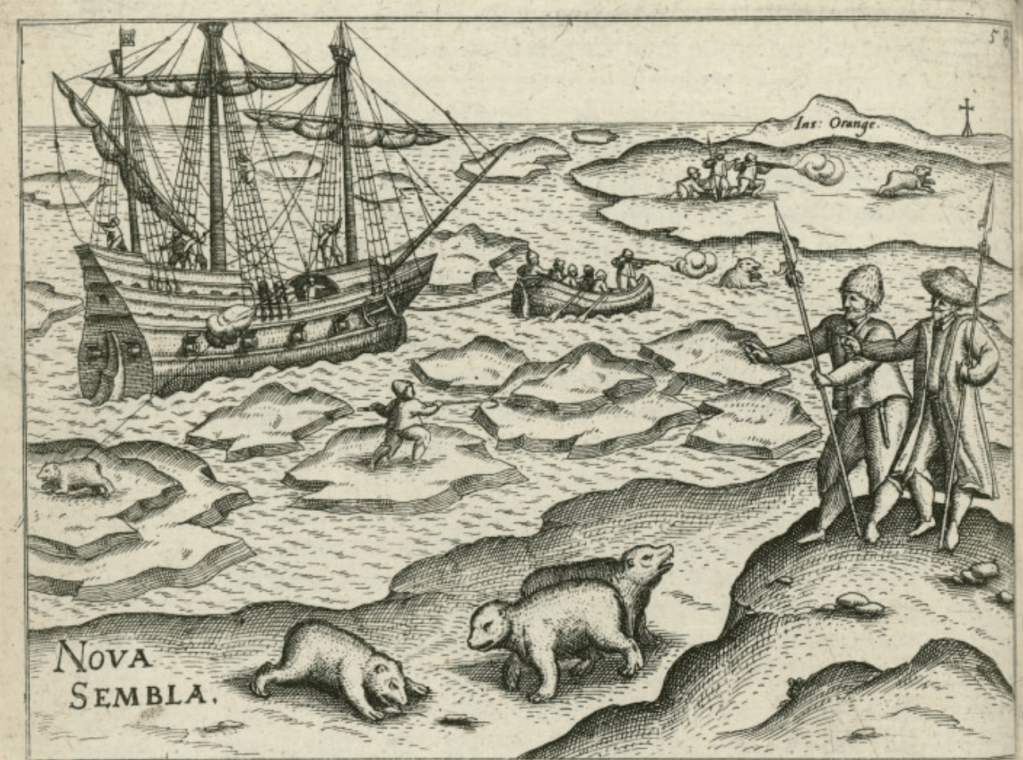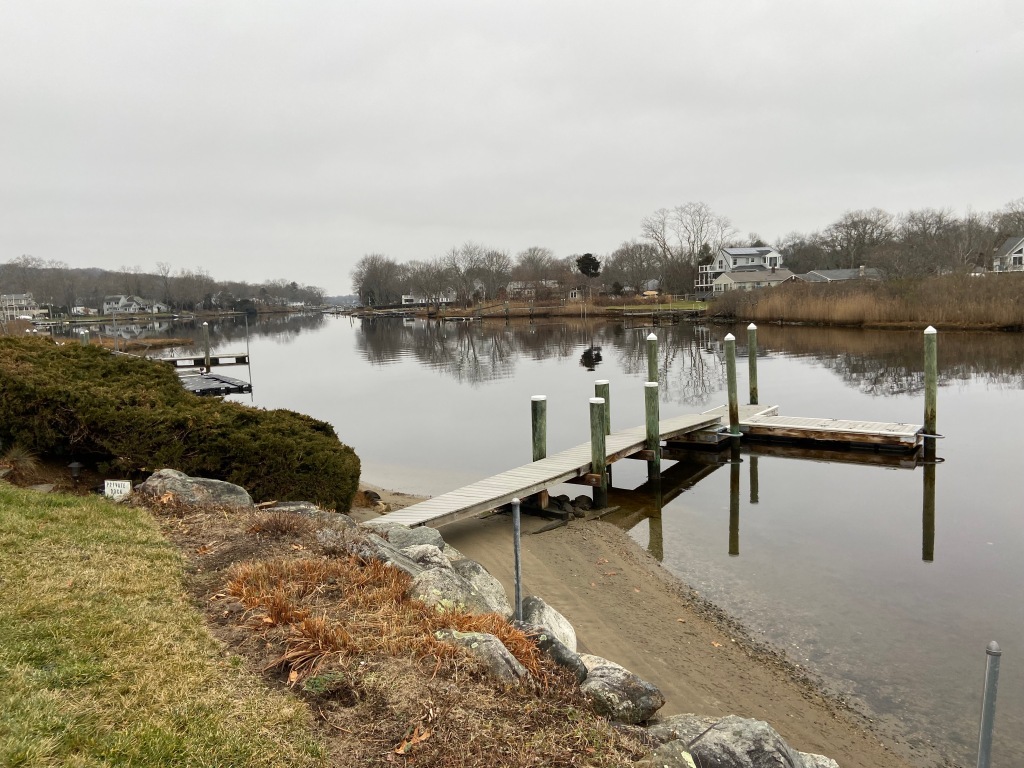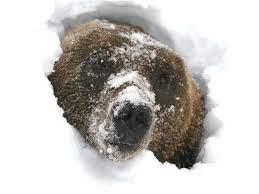Snowstorms are among the many perks of childhood that are meant to be savored in the raw. Today’s weather is “plowable snow”. Heavy snowfalls have become somewhat rare in coastal Rhode Island. Most wintery-weather predictions fall flat and it just rains. But not today. It’s snowing. Our neighbor Charlie, a zesty kindergartener, is zipping around the snow-covered neighborhood summoning his cousins to battle by pummeling fistfuls of flakes at their windows. He looks like a young Norwegian; blond, handsome, and barely dressed despite the blasting north winds and frozen pellets affixed to his hair.
My granddaughter Charley is about the same age as Charlie. She lived in Norway, where youngsters become acclimated to perpetually dank weather, for three of her first five winters. Norwegian preschoolers nap outdoors on portable cots regardless of the season or the weather. Charley’s parents learned to swaddle her in woolen onesies and select outer wear that transforms kids into gnomes. Norwegians aren’t bothered by the cold and proceed through the seasons at a stable pace unlike New Englanders, many of whom consider winter to be a period of hibernation. I am nestled like a Mama bear before a pellet stove layered up with a long sleeve tee and hoodie watching Charlie outside sans hat and gloves gleefully cramming snow down his brother’s back.
Around midpoint of the twentieth century, my grandfather from western New York lamented that winters had grown soft and short since he was a boy. I shared this observation with an undergraduate geography professor who scoffed that the old man was daft. Squaring his shoulders, tipping his beard upwards and speaking with his thickest Aussie accent, Professor solemnly swore before a class of nearly napping freshmen that, “climate has not ever nor will ever change during a human being’s lifetime.” The hapless wisdom perpetuated by academics during the Age of Aquarius has, as Shakespeare quipped, “sailed north…like an icicle on a Dutchman’s beard.”[1]
Polar explorations have been popular since Eric the Red “discovered” Greenland over a thousand years ago. Shakespeare was referring to a sixteenth century polar explorer Willem Barentsz who was a precursor to Jeff Bezos. Barentsz’s mission was to find a shortcut between Europe and China that would make global shopping faster and more profitable. His rationale for enduring endless dark, frigid months aboard a leaking ship that was attacked by polar bears is as lame as signing up for Musk’s Martian expedition. Sub-zero temps have an ethereal grip on humankind’s imagination.
Unlike snowstorms remembered from the past century, recent winters seem to be little more than shortcuts from autumn to spring. Today’s Charlies are tuned into a world that gets cold for a little while and stays warm for a long time. Their generation will swim in oceans cooled by glaciers calved off the coast of Greenland. Hopefully, by the twelfth night of their lifetimes, “by some laudable attempt at either valor or policy” (Act 3 Scene 2) they will redeem the joys of long, snowy coastal winters. Their grandkids will savor winter naps asunder thick gray skies and frolic during snowstorms that freeze their hatless heads with icicles like those on a Dutchman’s beard.
[1] Twelfth Night (3.2, 24-27)







